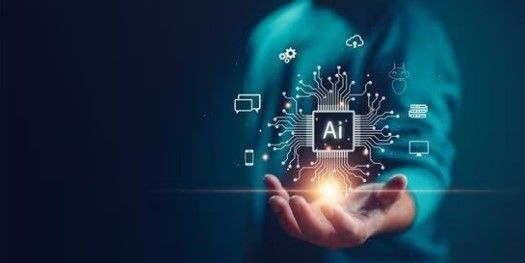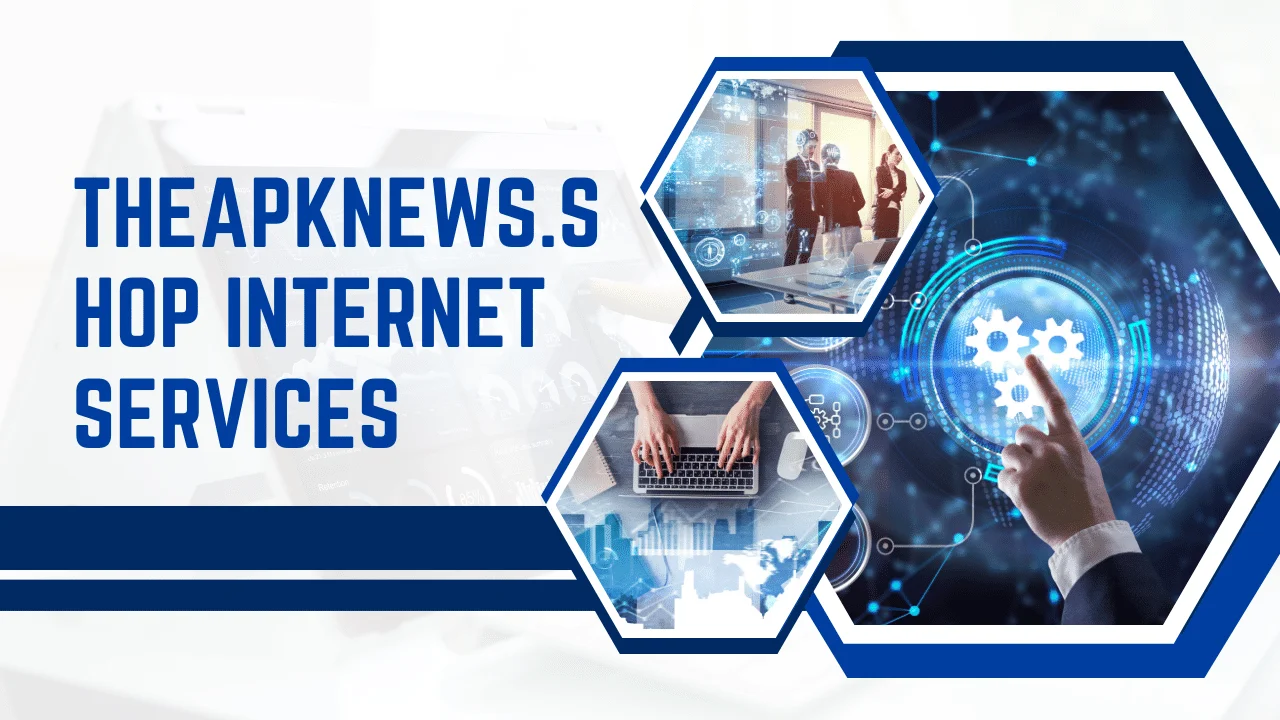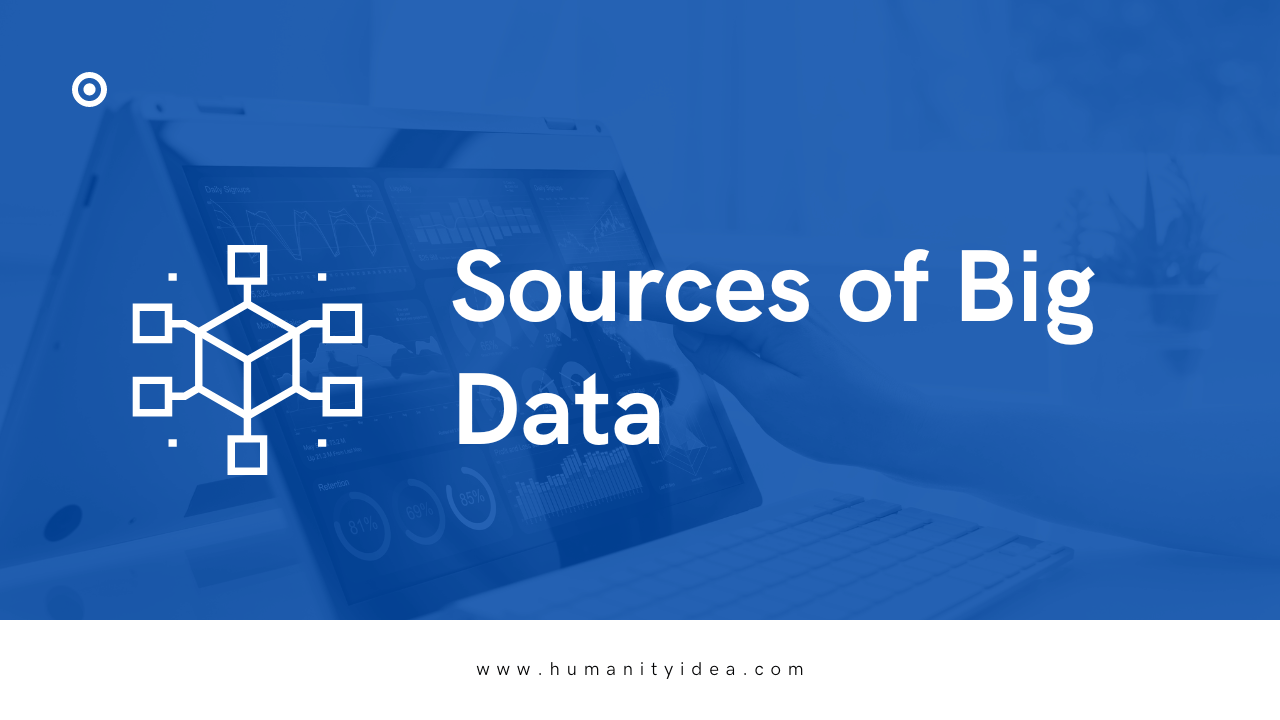Artificial Intelligence (AI) has radically transformed the way industries operate, driving efficiencies and innovative solutions across various sectors. Among the fields that AI has significantly influenced is DevOps, where integrating this advanced technology has the potential to create remarkable improvements in software development and deployment. In this article, we will discuss about “How Can a DevOps Team Take Advantage of Artificial Intelligence (AI)?” in details. Keep reading!
What is the Connection Between AI and DevOps?

The dynamic duo of AI and DevOps can streamline business operations, improve productivity, and facilitate faster product delivery. AI has the capability to analyze large data volumes in a DevOps setting, leading to predictive models, insights, and decision-making aid that developers and operations professionals can rely on.
How Can AI Benefit a DevOps Team?

Automating Routine Tasks
AI can automate routine tasks, freeing the DevOps team to focus on strategic activities. Through machine learning algorithms, AI can learn from the existing workflows and optimize the processes over time, increasing efficiency and productivity.
Predictive Analysis
Predictive analysis can proactively identify potential issues, making AI an essential tool in any DevOps environment. AI’s ability to predict and mitigate risks before they become critical issues drastically reduces downtime and improves service quality.
Performance Optimization
AI can optimize software performance by constantly learning from the system’s historical data, identifying patterns, and adjusting parameters for better results. This ability not only enhances the user experience but also prevents system failures.
Real-Time Decision Making
AI aids in real-time decision-making through real-time data processing and analysis, providing valuable insights to DevOps teams. This capability allows teams to make informed decisions quickly and accurately, accelerating the DevOps life cycle.
Security Enhancement
AI algorithms can detect anomalies, breaches, and potential threats, enhancing the security of DevOps processes. Through continuous monitoring and learning, AI can help maintain a strong security posture in a DevOps environment.
Are There Any Challenges When Implementing AI in DevOps?

While the benefits of integrating AI into DevOps are substantial, it’s essential to be aware of the challenges. These include technical difficulties, data privacy concerns, and the need for continuous training and updates of AI algorithms. However, with a robust implementation strategy and the right tools, these challenges can be effectively managed.
How to Implement AI in a DevOps Environment?

Implementing AI in a DevOps setting begins with identifying the right AI tools suitable for the team’s unique needs. Once the tools are chosen, AI models need to be trained using data generated by the DevOps processes. Over time, these models learn and adapt to the operations, optimizing the workflow and improving the overall productivity and efficiency.
Best Practices for Using AI in DevOps

Integrating AI into DevOps requires strategic planning and careful execution. Here are some best practices:
- Use AI tools that align with the team’s skillset and goals.
- Invest in AI model training to ensure accurate predictions and insights.
- Regularly update AI algorithms to reflect changes in the DevOps environment.
- Monitor the performance of AI tools and make necessary adjustments.
- Incorporate AI in security measures to protect the DevOps environment.
Case Studies: AI in DevOps
Many organizations across the world have successfully incorporated AI into their DevOps processes, yielding incredible benefits. Let’s delve into a few case studies that depict the real-world utilization of AI in DevOps.
Google, a leading tech giant, has an internal DevOps team known as Site Reliability Engineering (SRE). Google’s SRE team has been utilizing AI to monitor and manage system incidents. AI algorithms analyze past incidents and learn from them to predict and mitigate future risks. This AI-based system has significantly reduced downtime and improved the overall efficiency of Google’s services.
IBM
IBM, another technological powerhouse, has also harnessed AI for its DevOps processes. IBM’s AI, known as Watson, plays an integral part in their software development lifecycle. It predicts, detects, and rectifies errors, eliminating a significant chunk of manual work. This has drastically improved IBM’s software delivery speed and quality.
How to Cultivate a Culture for AI in DevOps?
Successfully integrating AI into DevOps isn’t just about picking the right tools or optimizing algorithms. It’s about fostering a culture that supports this integration. Here are some tips:
Inclusive Mindset
Incorporating AI into DevOps could lead to concerns about job security among team members. Leaders should communicate the intent behind AI adoption – not to replace jobs but to enhance efficiency and productivity. An inclusive mindset can help teams adapt to AI tools more quickly and effectively.
Continuous Learning
AI in DevOps requires continuous learning due to its ever-evolving nature. Invest in regular training sessions, workshops, and resources to keep your team updated about the latest AI developments.
Collaboration
Promote collaboration between the AI and DevOps teams. This synergy will enable the DevOps team to better understand AI tools and the AI team to comprehend the challenges in DevOps processes.
Artificial Intelligence: The Future of DevOps
The fusion of AI and DevOps is a path to unprecedented efficiencies in software development and deployment. It brings automation, predictive capabilities, real-time decision making, and security enhancements. However, as with any technological transformation, challenges persist. These include overcoming technical barriers, addressing data privacy concerns, and ensuring continuous training and updates of AI models.
The key to overcoming these challenges lies in robust strategic planning, choosing appropriate AI tools, continuous training, and fostering a culture that embraces AI. DevOps teams that effectively incorporate AI will gain a competitive edge, delivering high-quality software products at an unprecedented speed and scale.
Frequently Asked Questions About How Can a DevOps Team Take Advantage of Artificial Intelligence (AI)?
How has AI influenced the evolution of DevOps?
AI has played a transformative role in DevOps, introducing automation, predictive capabilities, real-time decision making, and improved security. It has helped DevOps evolve from a manual, reactive process to a proactive, AI-driven one.
What does an AI-powered DevOps environment look like?
An AI-powered DevOps environment is characterized by automated tasks, predictive analytics, optimized performance, enhanced security, and real-time decision-making capabilities. It is marked by continuous learning and adaptation, with AI algorithms consistently learning from and adapting to changes in the DevOps processes.
What skills are needed for a DevOps team to effectively use AI?
DevOps teams need a foundational understanding of AI and machine learning concepts to effectively use AI. Skills in data analysis, programming languages like Python, and working knowledge of AI platforms and tools are also beneficial. Above all, a mindset of continuous learning and adaptation is crucial given the rapidly evolving nature of AI.
How can a DevOps team stay updated with the latest AI developments?
Staying updated with the latest AI developments involves continuous learning through training sessions, workshops, webinars, and industry events. Following AI thought leaders, subscribing to relevant newsletters, and joining AI and DevOps online communities can also provide valuable insights into the latest trends and developments.
How does AI improve the security of DevOps processes?
AI enhances the security of DevOps processes by continuously monitoring system activities and detecting anomalies and potential threats. AI’s ability to learn from historical data enables it to predict and mitigate security risks before they escalate into serious issues.
Are there AI tools specifically designed for DevOps?
Yes, there are AI tools specifically designed to aid DevOps processes. These tools offer features like automated testing, predictive analytics, performance optimization, real-time monitoring, and security enhancements. Examples include Dynatrace, DeepCode, and Logz.io.
What is the role of AI in DevOps automation?
AI plays a crucial role in DevOps automation by taking over routine, repetitive tasks. This reduces manual effort, minimizes errors, and speeds up processes. AI’s ability to learn from data enables it to continuously improve the automation processes, leading to increased efficiency and productivity.
How does AI in DevOps work?
AI in DevOps works by automating routine tasks, conducting predictive analysis, optimizing performance, aiding in real-time decision-making, and enhancing security.
What are the benefits of using AI in DevOps?
Benefits include increased efficiency and productivity, improved product quality, reduced downtime, and enhanced security.
What are some common uses for AI in DevOps?
Common uses for AI in DevOps include task automation, predictive analysis, performance optimization, real-time decision-making support, and security enhancement.
Are there any alternatives to AI in DevOps?
While there are alternatives like manual processes and traditional IT tools, none can match the efficiency and potential of AI in a DevOps setting.
How can I implement AI in my DevOps processes?
To implement AI in DevOps, identify the right AI tools, train the AI models with your data, and continually monitor and update the algorithms.
What are the key features of AI in DevOps?
Key features include the ability to learn from data, make accurate predictions, automate tasks, and enhance security.
Are there any case studies or success stories related to AI in DevOps?
Numerous companies, including major tech companies like Google and Microsoft, have successfully integrated AI into their DevOps processes.
What are the potential challenges of using AI in DevOps?
Challenges include technical difficulties, data privacy concerns, and the need for continuous training and updates of AI models.
How can I optimize my AI in DevOps strategy?
Optimize your strategy by choosing suitable AI tools, investing in model training, regularly updating the algorithms, and using AI for security purposes.
Are there any best practices for using AI effectively in DevOps?
Yes, best practices include aligning AI tools with your team’s goals, investing in AI model training, updating AI algorithms regularly, monitoring AI performance, and incorporating AI in your security measures.
Also Read: Fish with Big Heads: Marvels of Aquatic Evolution
Conclusion: How Can a DevOps Team Take Advantage of Artificial Intelligence (AI)?
In conclusion, AI has become an indispensable ally for DevOps, heralding a new era in software development and deployment. It has not just been a trend, but a necessity, proving its mettle in boosting efficiency, reducing errors, and enhancing security. As AI continues to evolve, so too will its role in DevOps, opening up even more opportunities for innovation and growth.










